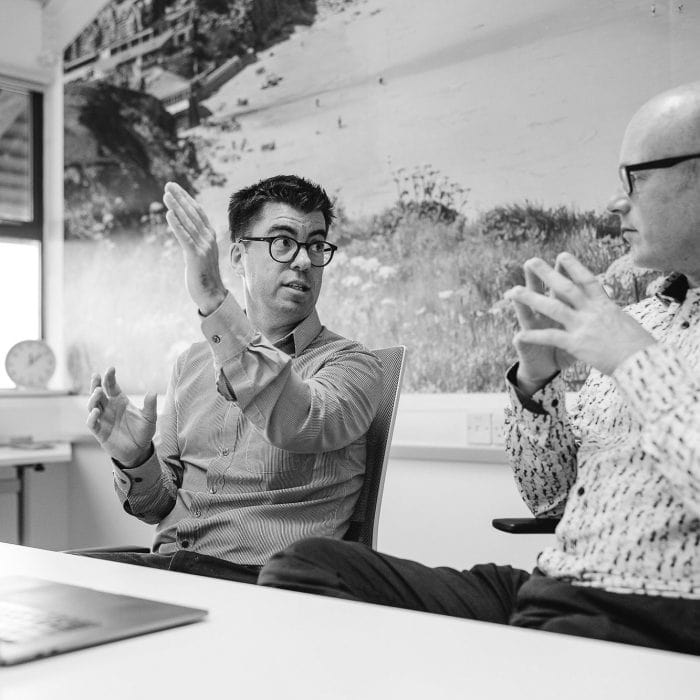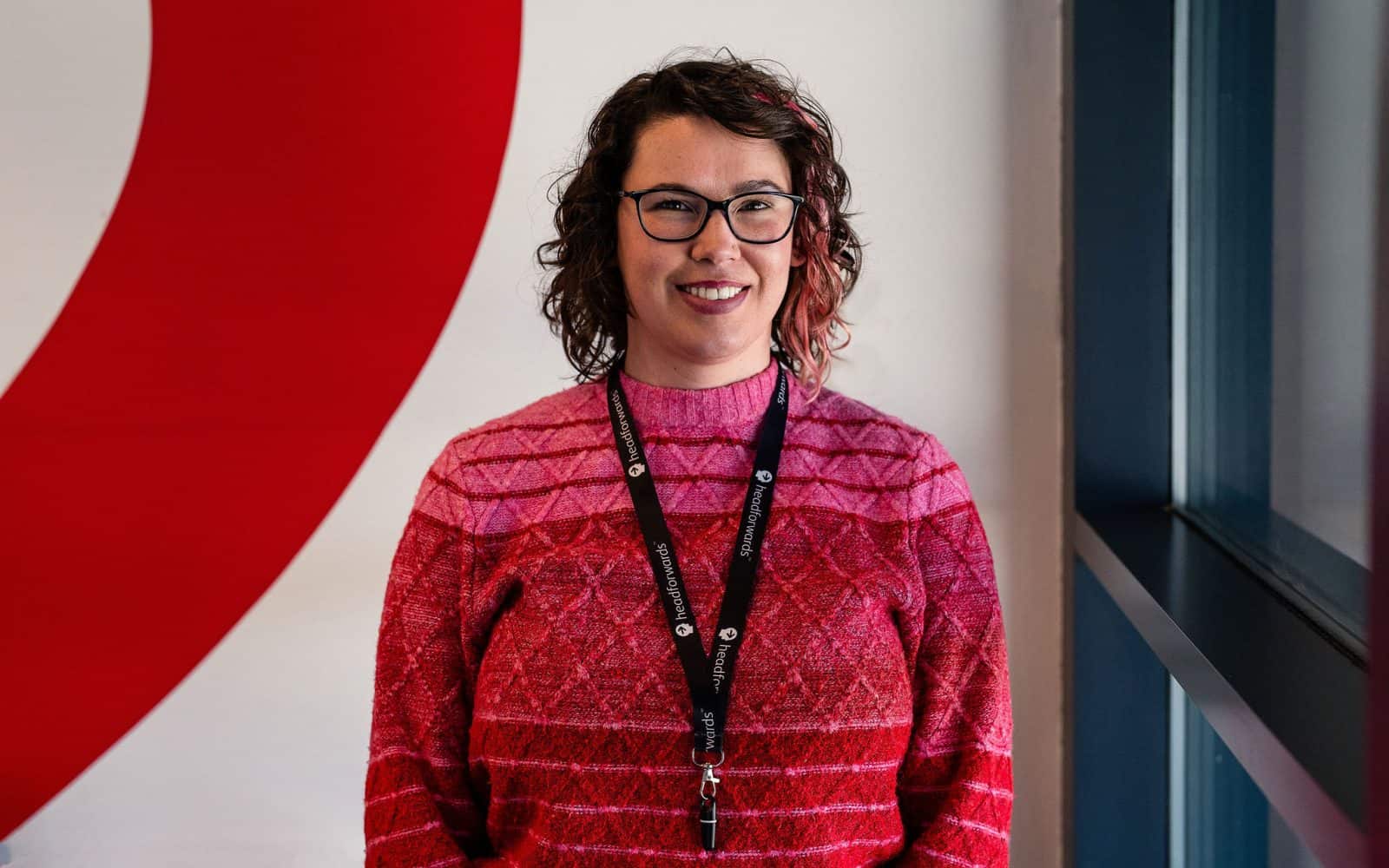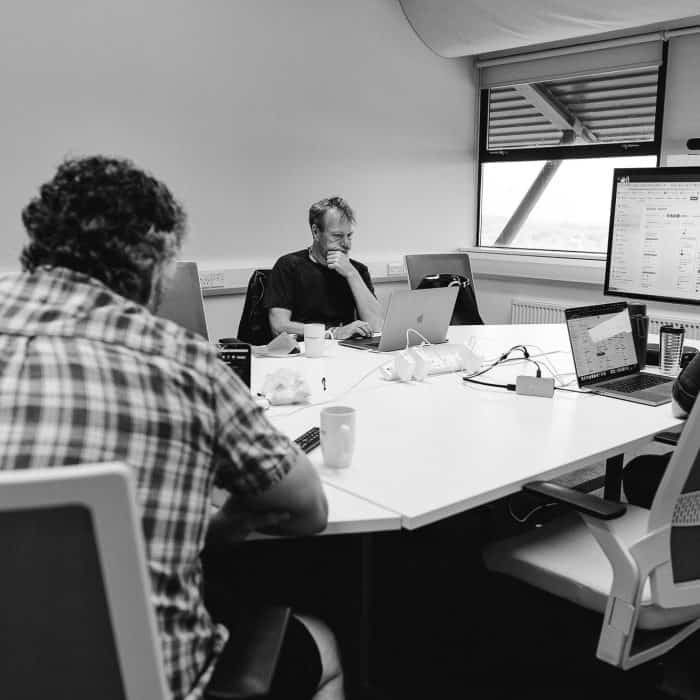
Unlocking the Potential of your Software Development Team: Empowerment as the Key to Success
How to make sure you continue to lead your software development teams whilst empowering them? It’s all about navigating a path between being careful not to lean too far one way and lose control, or too far the other and hold too much control.


